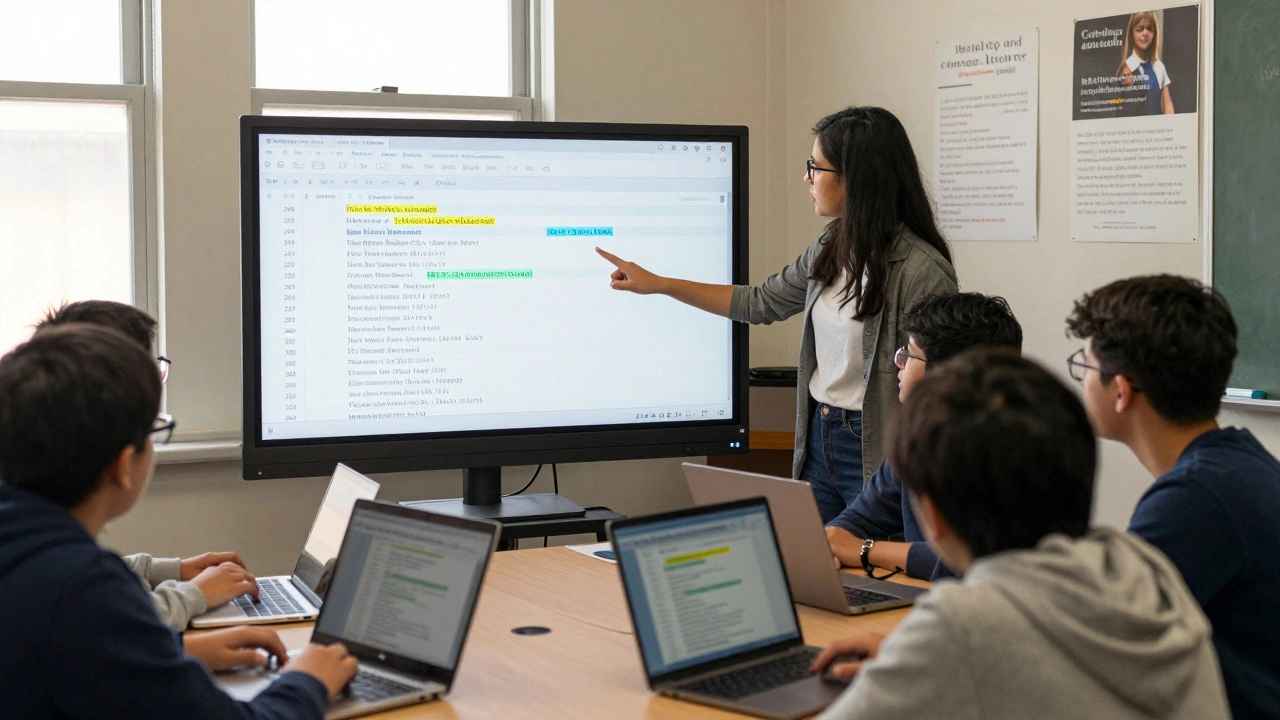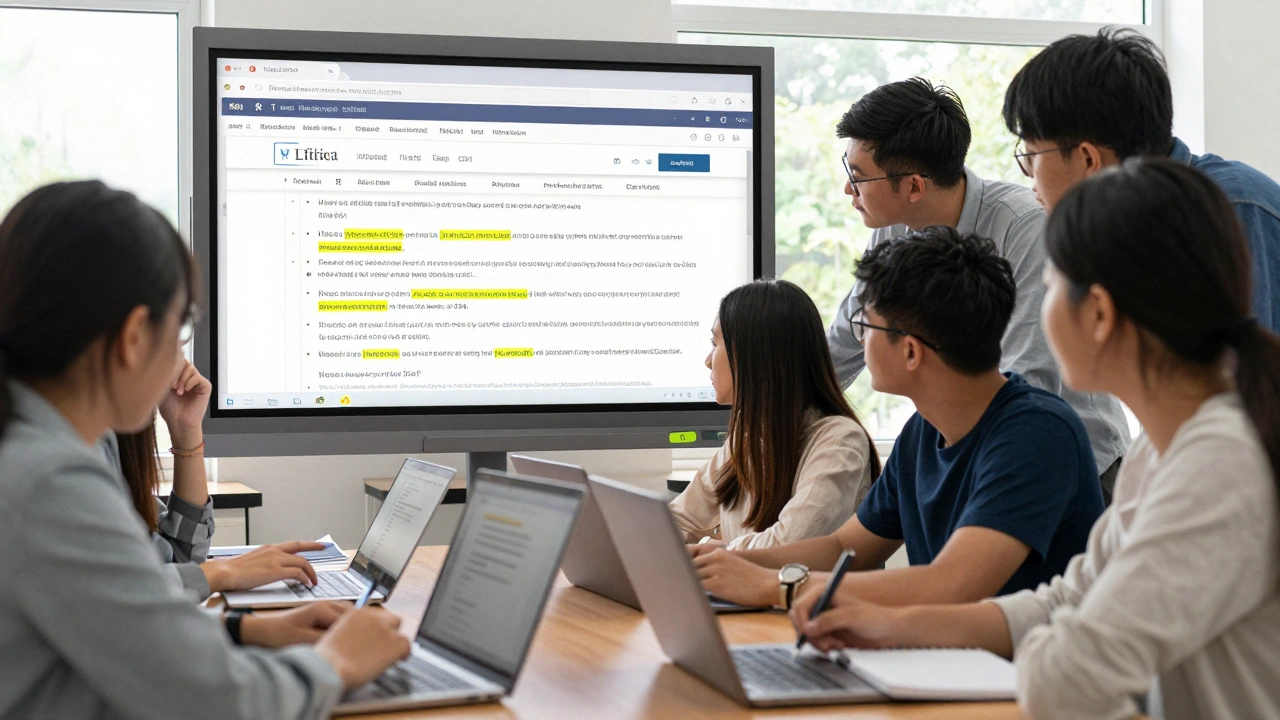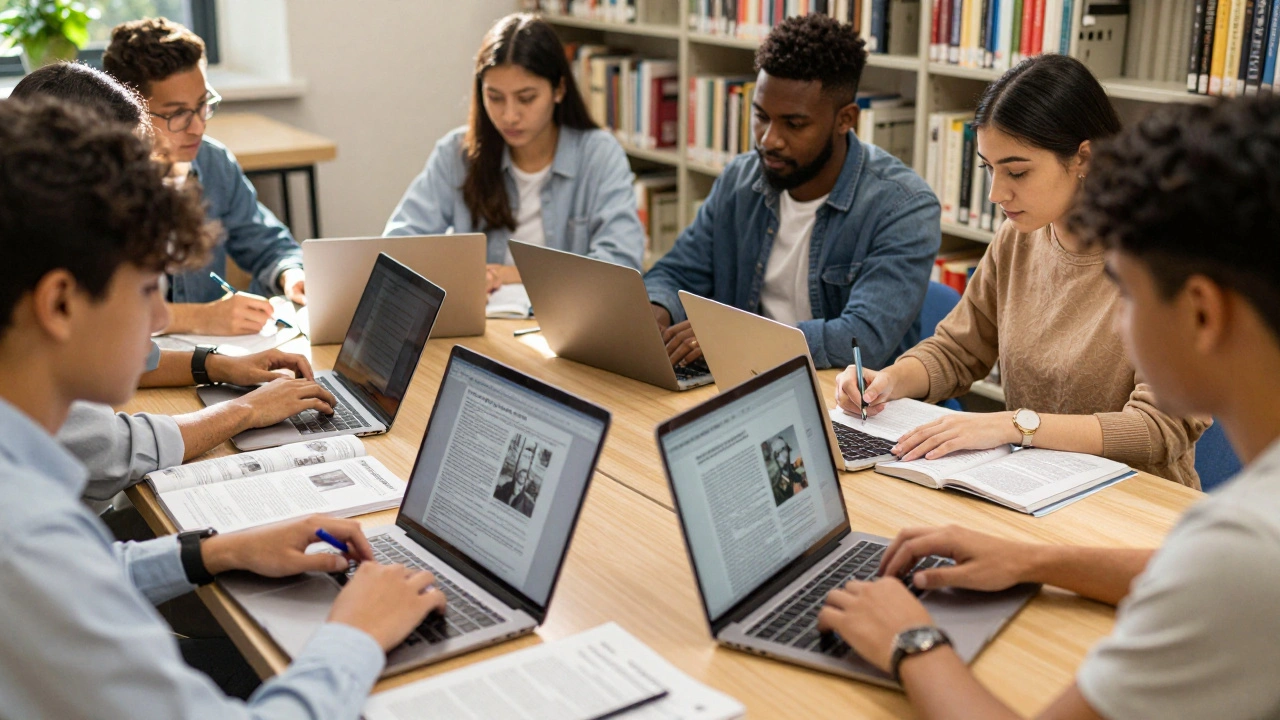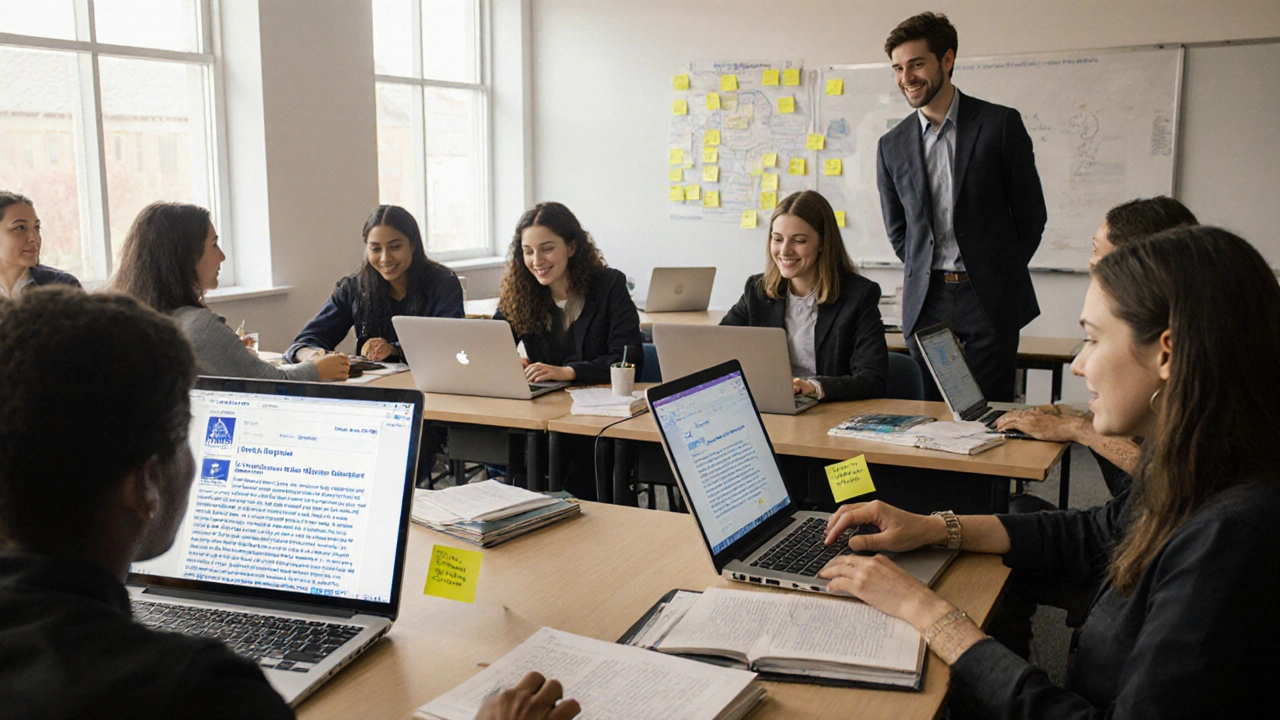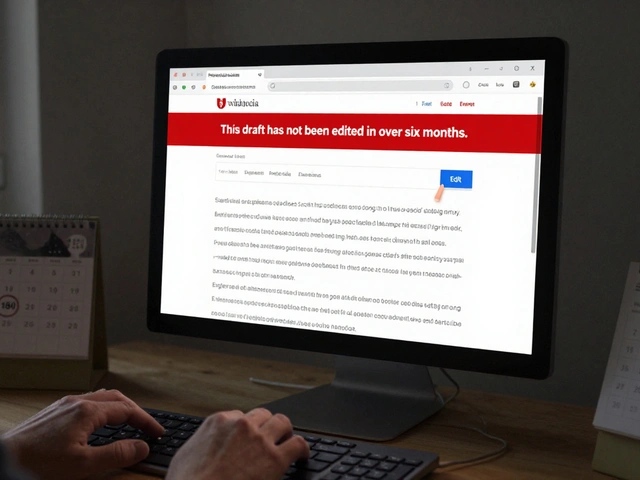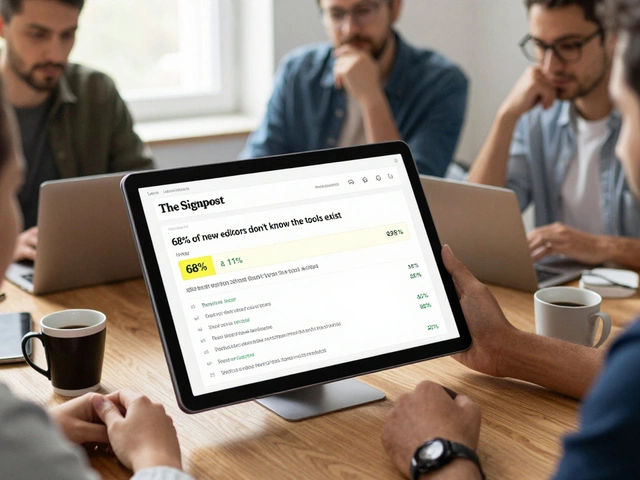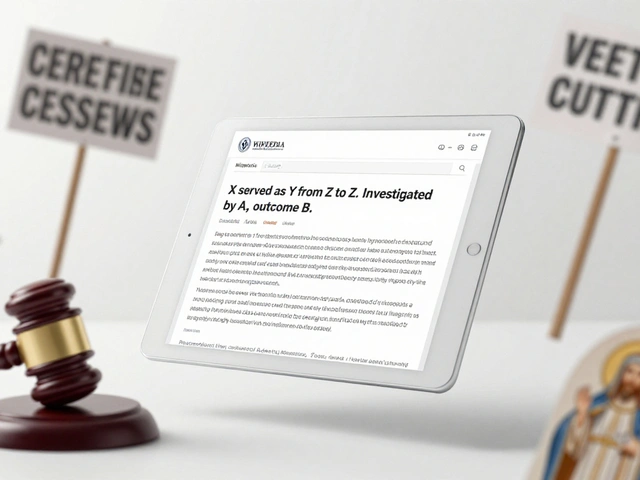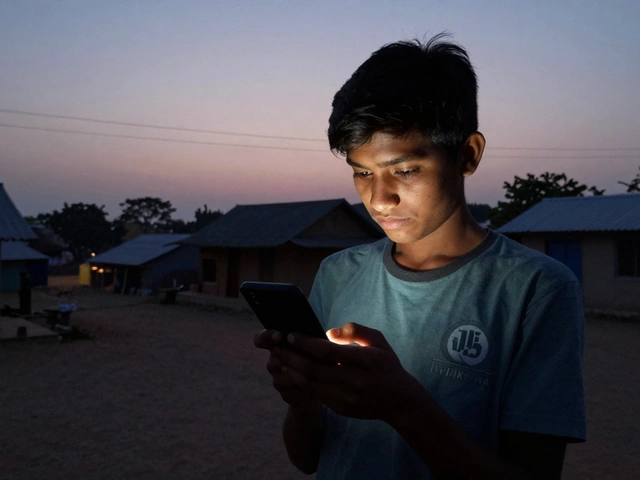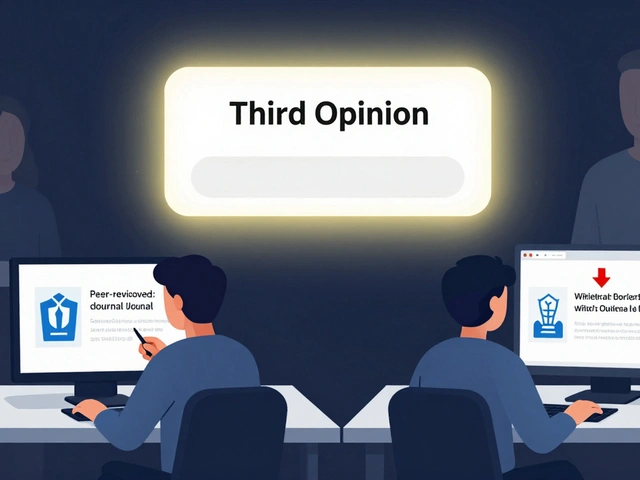Wikipedia education: How classrooms, volunteers, and policy shape learning online
When we talk about Wikipedia education, the use of Wikipedia as a teaching tool in schools, universities, and community programs. Also known as Wikipedia in the classroom, it means students don’t just read encyclopedias—they write them. This isn’t just about assigning a paper. It’s about turning learners into contributors, and knowledge consumers into knowledge builders. Over 200 universities worldwide now run formal Wikipedia editing assignments, and in places like Kenya and India, community workshops teach teens to document local history in their own languages. The goal? To make learning active, collaborative, and globally connected.
But Wikipedia education doesn’t work without volunteer editors, the unpaid contributors who maintain and improve Wikipedia’s content. These are the people who respond to student edits, review sources, and sometimes spend hours undoing misinformation. They’re also the ones who push back when assignments ignore Wikipedia’s rules—like using unreliable sources or writing promotional content. That tension is real: teachers want students to learn research skills, but Wikipedia demands neutral tone, verifiable citations, and no original research. The best programs train both students and instructors on Wikipedia policies, the community-driven guidelines that govern what can be added and how—like notability, reliable sources, and neutral point of view. Without understanding these, even well-intentioned edits get reverted, and trust breaks down.
It’s not just about writing articles. It’s about who gets to write them. In many countries, students edit Wikipedia to fill gaps about local culture, women’s history, or Indigenous knowledge—topics often missing from textbooks. WikiProjects focused on education help organize this work, and grants from the Wikimedia Foundation fund training in underserved regions. At the same time, debates over paid editing and AI-generated content are changing the game. If corporations or bots start dominating edits, who’s left to teach students the real value of open collaboration?
What you’ll find in this collection isn’t just theory. It’s real stories: how a high school class in Toronto improved articles on Canadian environmental policy, how a professor in Nigeria trained students to document local festivals, and how Wikipedia’s own governance tools are being adapted for classroom use. You’ll see how talk pages become learning labs, how bots help students fix formatting errors, and why the quietest editors often make the biggest difference. This isn’t about making Wikipedia perfect. It’s about making it yours.
Using Wikipedia in the Classroom: Teacher's Best Practices Guide
Discover how to turn Wikipedia from a banned resource into a powerful classroom tool. Learn practical strategies for teaching source evaluation, critical thinking, and collaborative knowledge-building with real student examples.
How to Use Wikipedia Talk Pages for Classroom Debates
Wikipedia talk pages reveal how knowledge is debated and built-making them powerful tools for teaching students to think critically, spot bias, and evaluate sources in the classroom.
University Partnerships With Wikipedia: How Colleges Are Improving Education Through Collaborative Projects
Universities worldwide are integrating Wikipedia editing into courses to teach research, writing, and critical thinking. Students create real, public articles that reach millions-transforming education into contribution.
The Wikimedia Student Editors Program: How Colleges Are Training the Next Generation of Wikipedia Contributors
The Wikimedia Student Editors Program turns college assignments into public knowledge by having students improve Wikipedia articles. Thousands of students now contribute accurate, research-backed content that reaches millions worldwide.
